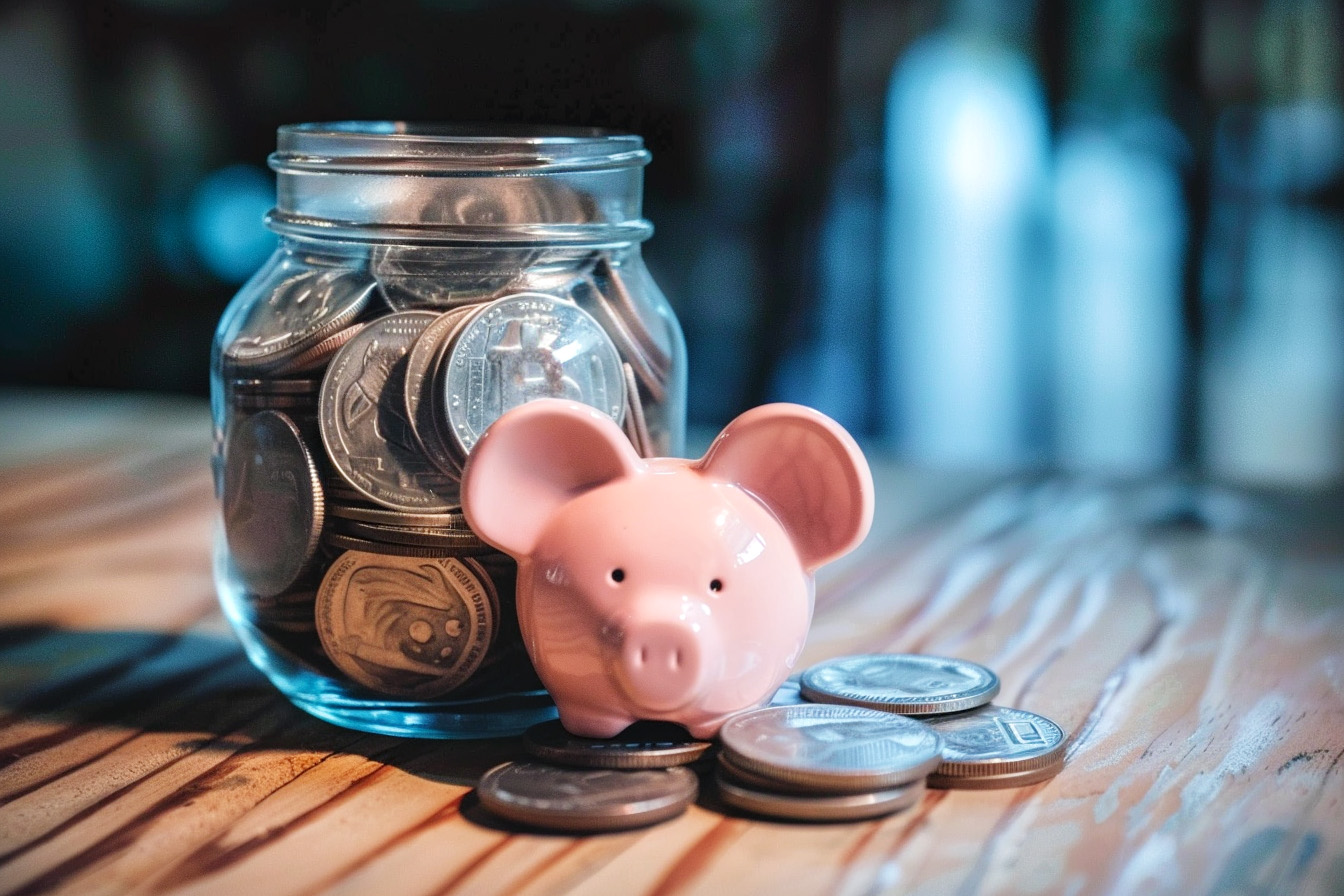Are you tired of living paycheck to paycheck, constantly worrying about your finances? Adopting a frugal lifestyle can help you take control of your money and reduce financial stress. By implementing these five frugal habits, you can potentially cut your expenses in half and start saving for a brighter future.
1. Create and Stick to a Budget
Creating a budget is the foundation of frugal living. A budget helps you track your income and expenses, identify areas where you can cut costs, and set financial goals. Start by listing your monthly income from all sources, including your job, side hustles, and investments. Next, list your fixed expenses, such as rent, utilities, and loan payments, followed by your variable expenses, like groceries, entertainment, and shopping.
Once you have a clear picture of your finances, look for areas where you can reduce spending. Maybe you can cut back on dining out or cancel rarely used subscriptions. Set realistic goals for saving and allocate funds accordingly. Use budgeting apps or spreadsheets to help you stay organized and on track. Remember to review and adjust your budget regularly to account for changes in your income or expenses.
2. Embrace Meal Planning and Home Cooking
Eating out can quickly drain your wallet. By embracing meal planning and home cooking, you can save significant money on food expenses. Start by planning your meals around sales and seasonal produce. Take advantage of discounts and stock up on non-perishable items on sale.
Batch cooking is another smart strategy. Prepare large portions of meals and freeze them for later, saving time and money. When cooking, use whole, unprocessed ingredients, often cheaper and healthier than pre-packaged meals. Don’t forget to use leftovers creatively, turning them into new meals to reduce food waste. Proper food storage techniques, like using airtight containers and labeling, can also help extend the life of your ingredients.
3. Shop Smarter and Buy Secondhand
Intelligent shopping habits can make a big difference in your finances. Before making a purchase, compare prices across different stores and online retailers. Use coupons and promo codes whenever possible, and consider buying generic or store-brand products, which are often cheaper than name-brand items. When it makes sense, purchase bulk to take advantage of lower unit prices.
Buying secondhand is another excellent way to save money. Thrift stores, consignment shops, and online marketplaces offer a wide range of gently used clothing, furniture, and household items at a fraction of the cost of buying new. Not only will you save money, but you’ll also be supporting a more sustainable lifestyle by reducing waste.
4. Reduce Energy and Utility Costs
Lowering your energy and utility bills can significantly impact your overall expenses. Start by making simple changes, like adjusting your thermostat settings. Set your thermostat a few degrees higher in the summer and a few degrees lower in winter. Energy-efficient appliances and light bulbs should be used, which consume less electricity and last longer. Seal air leaks around windows and doors and improve insulation to maintain a comfortable temperature without overworking your heating and cooling systems.
To save on water bills, fix leaks promptly and install water-saving fixtures, like low-flow showerheads and faucet aerators. Collect rainwater for outdoor use, such as watering plants or cleaning outdoor surfaces. These small changes can add up to substantial savings over time.
5. Embrace a Minimalist Lifestyle
Minimalism is a lifestyle that focuses on owning fewer possessions and finding happiness in experiences rather than material things. You can reduce expenses and create a more peaceful living environment by embracing minimalism. Start by decluttering your home, selling or donating items you no longer need or use. This not only frees up space but can also provide a slight financial boost.
Avoid impulse purchases by asking yourself if you truly need an item before buying it. Often, we buy things on a whim, only to regret the purchase later. Instead, focus on investing in experiences, like spending time with loved ones or pursuing hobbies that bring you joy. Look for free or low-cost entertainment options, such as visiting local parks, attending community events, or hosting potluck dinners with friends.
Key Takeaways
Conclusion
By incorporating these five frugal habits into your daily life, you can significantly reduce your expenses and work towards a more financially stable future. Remember, frugal living is not about deprivation but about making intelligent choices that align with your values and goals. Start small, and you’ll be motivated to continue making changes as you see the positive impact on your bank account. With dedication and consistency, you can transform your financial situation and enjoy a more fulfilling, stress-free life.
